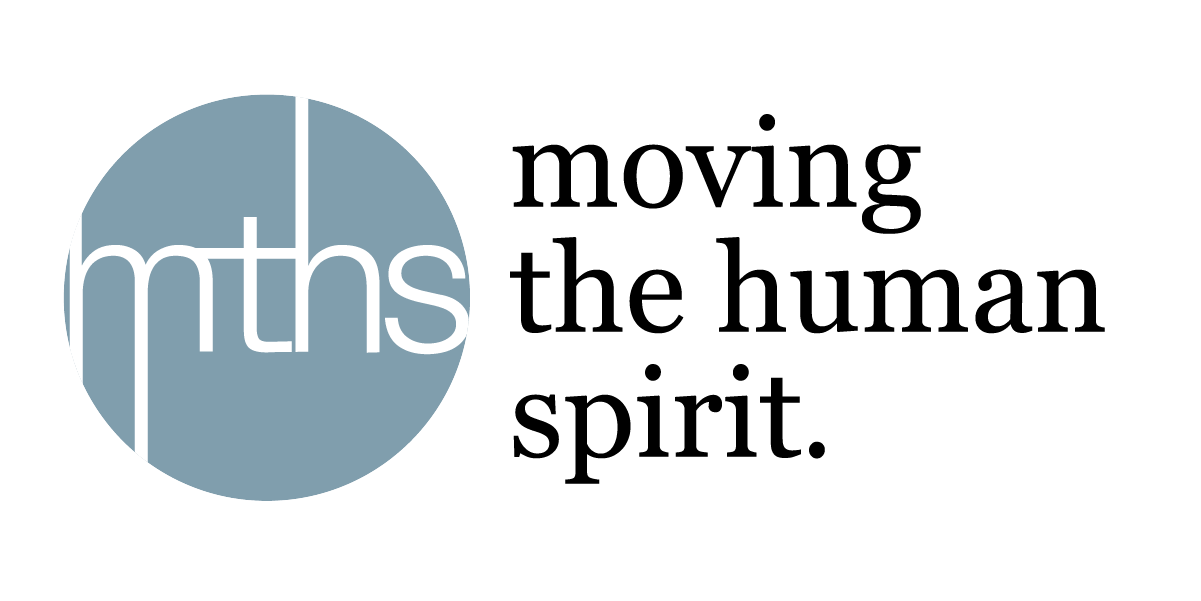Frequently Asked Questions
WHY BECOME A CERTIFIED TRAUMA-INFORMED COACH?
Becoming a certified trauma-informed coach can offer various benefits for both the coach and their clients. Here are some reasons why individuals may choose to pursue certification in trauma-informed coaching:
- Understanding and Sensitivity
- Effective Communication
- Ethical Considerations
- Improved Outcomes
- Professional Credibility
- Diversity and Inclusion
- Career Opportunities
- Personal Growth
WHY BECOME A CERTIFIED TRAUMA-INFORMED COACH?
Embarking on the journey of trauma-informed coach training is a significant decision that often resonates with individuals who have experienced trauma themselves. The majority of coaches in this field are those who have navigated personal challenges and are now eager to extend support to others facing similar journeys.
These coaches are ready to step up and become integral parts of a bigger picture – one that involves compassionately supporting individuals through their healing journey. Recognizing the profound need for such support, they seek the educational foundation that not only imparts knowledge but also establishes credibility within the dynamic coaching industry and their chosen niche.
Susan Hogarth, co-founder of Moving the Human Spirit, emphasizes the vast possibilities within coaching niches, stating that if you can conceive it, you can create a coaching niche around it. For those considering trauma-informed coach training, Susan highly encourages scheduling a call to explore the transformative potential of this credentialing.
This training becomes more than an educational pursuit; it becomes a driver for coaches to lead lives filled with passion and purpose. If you’ve experienced trauma, envision supporting others, and aspire to create a flexible, purpose-driven lifestyle, exploring trauma-informed coach training could be the transformative step toward aligning your personal experiences with a meaningful professional journey.
Trauma-Informed Coach Training FAQs
Trauma-Informed Coaching FAQs
Find out more about becoming a trauma-informed coach
We would love to support you on your journey!
